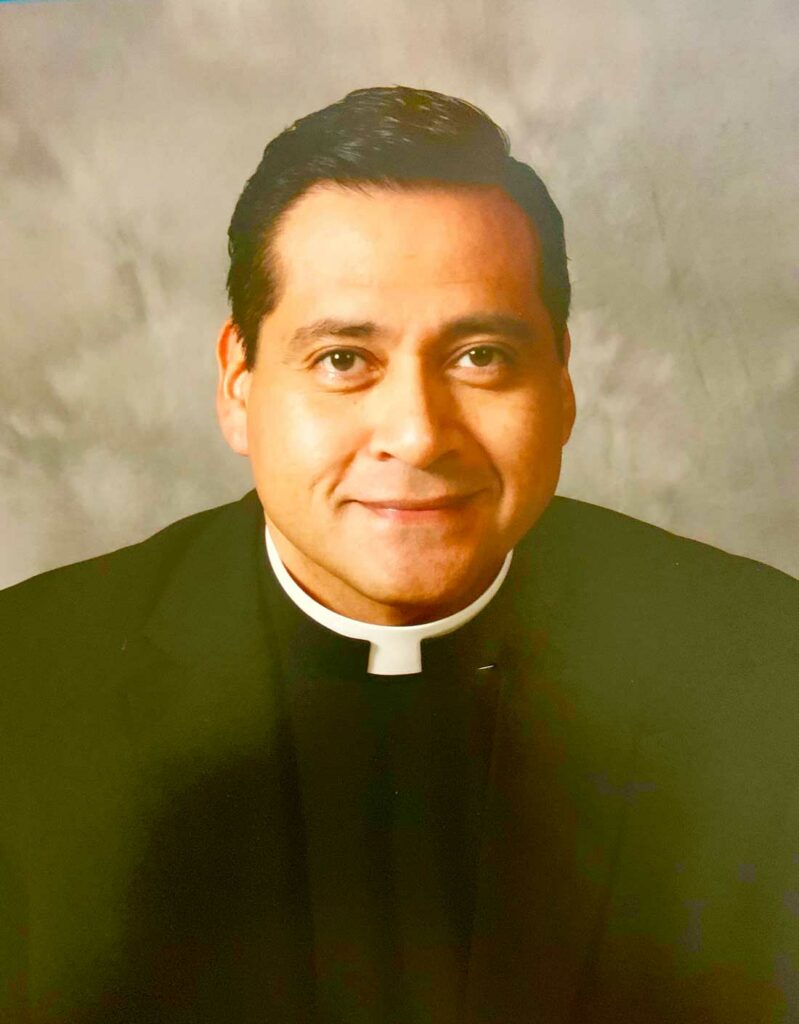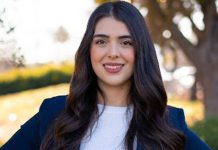In recent times, I have heard different phrases about the notion of truth. Some say that each person has one’s own truth; for others, there is no one truth, but rather many. As the Spanish writer Ramón de Campoamor beautifully described it: “In this treacherous world nothing is true or a lie. Everything is according to the color of the glass with which you look.”
As human beings we must respect what people think, though not necessarily agree nor accept what they propose, think or say as truth or reality. This is because thoughts, no matter how sincere and pure they may be, do not change reality.

This leads me to clarify the notion of “opinion,” which is precisely the way we understand certain things: opinion is totally personal, influenced by culture, education, feelings, etc. However, opinions are not necessarily true. They are just that: opinions. They could be true if they are accompanied by reasons other than “it is what I think.”
One of the great challenges we have in our time is confusing opinion and truth. That is, thinking that any thought we have and express is and must be considered by others as the truth. We must also consider a qualified opinion, the opinion of people who are experts on a subject, with an opinion based on capacity, education, study and experience.
There is what is called “objective truth,” that is independent of each individual or subject; it allows us to agree on matters that are essential for human coexistence. The contrary proposition, holding that “there is no objective truth and that everything is subjective” is a fallacy, since that statement is presented as an objective truth, which is precisely what it wants to deny.
Some things are debatable, which is precisely part of human nature that, in the search for truth, tries to find it through study, research and debate. Such is the case of new cures for certain diseases, etc. They are what are called relative truths, as they relate to time and to knowledge.
On the other hand, there are truths that do not change, and that are independent of times or any other factors.
If everyone is right, if we all have the truth, how can we correct others or be corrected? If everything we hold is correct and without error, how can we grow as a society, denying all that is in opposition to what we believe to be true?
How can we advance in the knowledge of the truth if we close ourselves to dialogue? And how can we dialogue if we do not believe that there is a truth that we can reach and it is the truth for all people and for all times?
Truth is essential because it marks the way we live. It is only in the truth that we are truly free, “and you will know the truth, and the truth will set you free” (John 8:32).
Father Sergio Noe Ovando is Pastor of St. Catherine of Alexandria Catholic Church in Morgan Hill. An active member of the Interfaith Clergy Alliance, Father Sergio can be reached at so*****@*sj.org.







